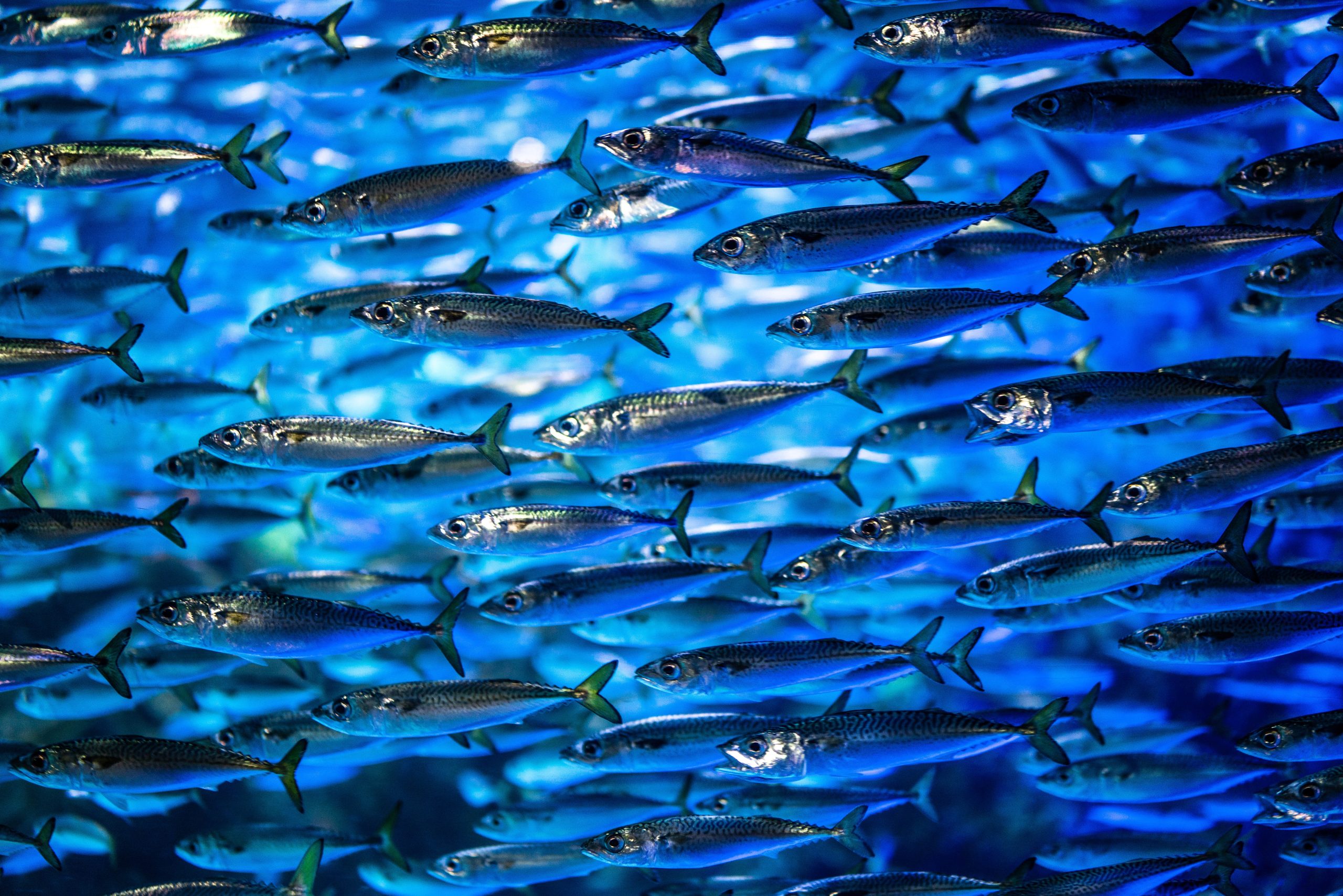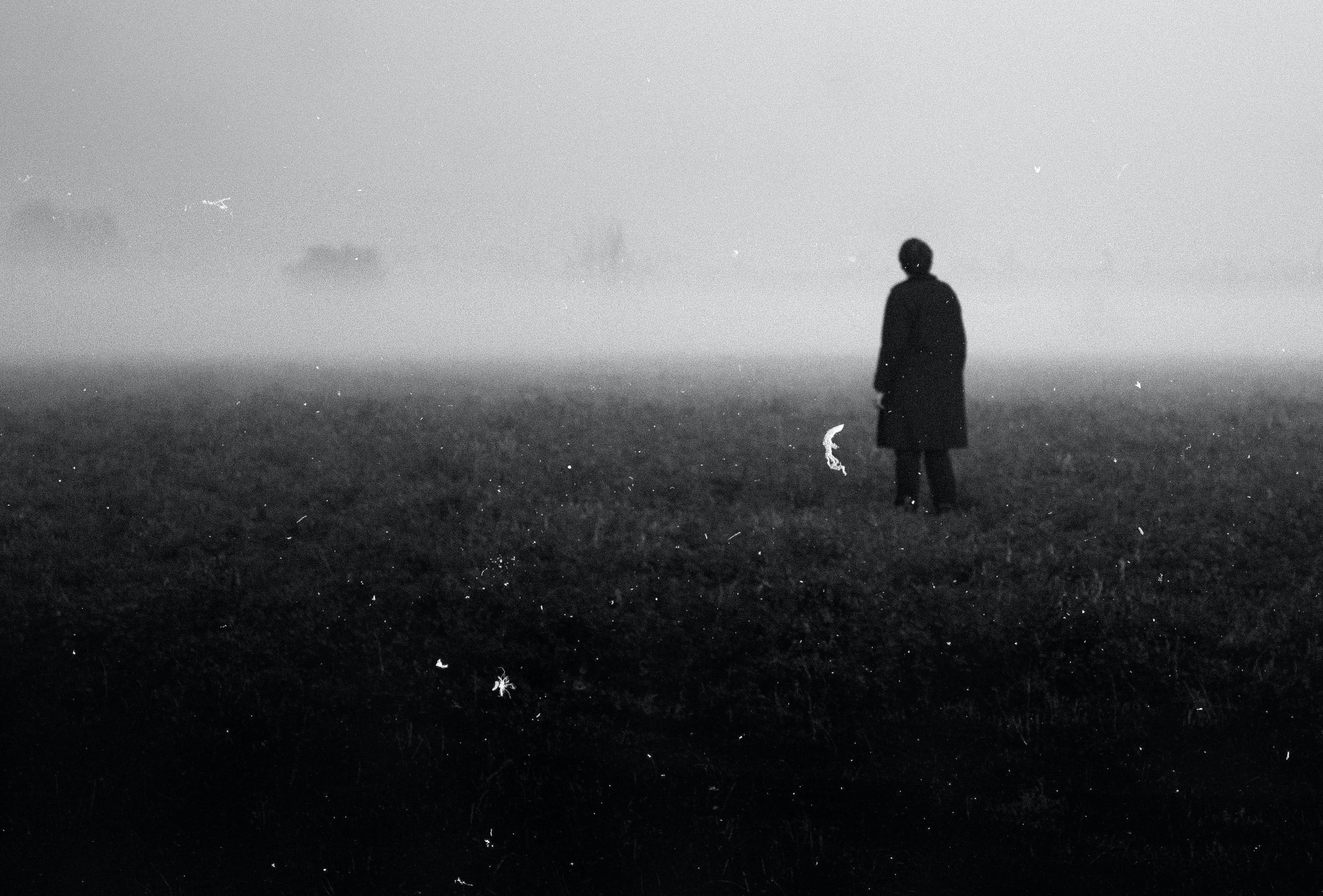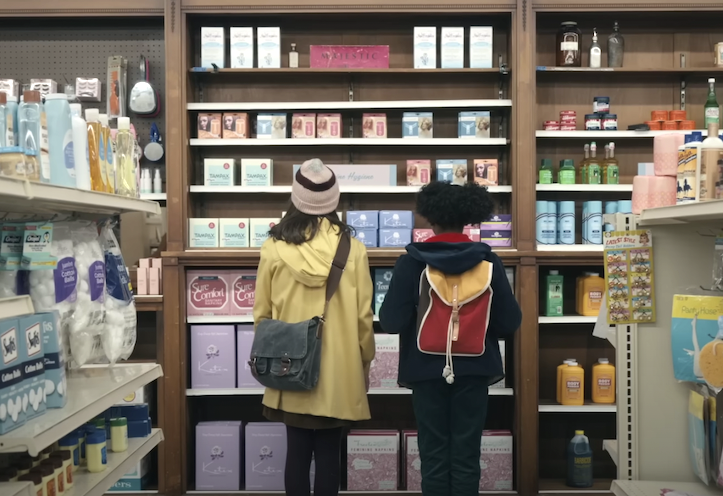Books & Culture
Rob Spillman on Finding Your Community, Joining the Conversation, and All Tomorrow’s Parties

Rob Spillman’s childhood was split between Berlin and the States, between living with his father, a concert pianist, and his mother, an opera singer who became an arts administrator. Spillman found himself in the battered paperbacks of Kerouac, Kesey, and Hunter S. Thompson, and in music, particularly punk, his portal to another world. In his memoir, All Tomorrow’s Parties (Grove Press, 2016), Spillman traces his journey as a young man, crossing cultures and continents to find his place in the world and the arts.
Spillman is the editor of Tin House and the editorial advisor of Tin House Books, among other endeavors. He and I discussed the challenges of writing memoir, his musical and literary influences, and why it’s crucial to contribute to the literary ecosystem.
Deirdre Sugiuchi: A major theme of this book is the conflict one has between being responsible and devoting your life to your art. Your mother wanted you to have a career and play it safe with a job. Your father devoted his life to his art. It’s a conflict many of us struggle with.
Rob Spillman: It’s a constant struggle, I think, for many artists, who long for ultimate creative freedom but also struggle with the need to feed themselves. And the dueling desires for unlimited freedom and security. Especially when you are young. And for me, that was exacerbated by not having any real roots, so I felt no real attachment to place except for Berlin, which was more nostalgic. After I left I didn’t know anybody there, so it wasn’t like I had family ties or a family legacy there, so that all combined to exacerbate my wanderlust.
DS: You write about your growing awareness of your talent for assemblage, of bringing together people from all walks of life. Can you discuss how this is manifested in your life now, particularly with your involvement with Tin House?
RS: I kind of recognized this talent, at the time when the book ends, but I didn’t know I could do this as a life. I didn’t know that I could actually use what I describe as a talent for assemblage to run a literary magazine, and also to be out and about in the literary world and bringing people together, forming community through Tin House workshops and the magazine. And now I’m the chair of the PEN membership committee and on the board of the Community of Literary Magazines and Presses, and on the board of Narrative 4. All these organizations are about creating community and bringing people together. I feel lucky I was able to figure that out and was able to channel what was — I didn’t understand at the time — a talent.
DS: One of the ways you began to discover yourself was in music, particularly in punk. You have this playlist on Spotify; you quote lyrics throughout the book. Can you discuss the development of that?
RS: One of the themes of the book is the idea of influence and being constructed by my influences and trying to find my own voice and sense of self in others. I failed in this book in many different ways — it took me ten years to write and I failed. I tried to write it straight-chronological-linear, and then I figured this format out. I wanted the influences to be really explicit. That’s why I have the songs and the quotes at the beginning of each chapter — to create a soundtrack and kind of a Greek chorus of the pressures I was feeling and the influences I was feeling at the time. It’s still that way. I’m still influenced by this music and these feelings, but I wanted to be explicit.
DS: So was the format of All Tomorrow’s Parties ultimately plotted out, or did you go on instinct?
RS: Originally I had written it in that linear, chronological time, but I decided to break it up. The focal point of the book is Berlin. I wanted the two parts — me growing up in the shadow of Berlin, and me going back to Berlin — to reflect on one another. And when I wrote them straight chronological, those two parts were kind of far apart and they weren’t playing off of each other. When I decided to intersperse them, I felt there was more tension and torque. I was also able to put things and to play around with where information was dropped, so that you could find things out of chronological order and refer to the other section. I was able to get away with sleights of hand. My hope is that it creates a tension to find out how the plot is going to come together.
DS: There’s so much pressure to do everything quickly nowadays. Do you want to talk about taking ten years to write this book?
RS: It wasn’t straight linear work. I would work on this for a few years, put it down and think, ‘oh this is just not working at all,’ and then I would start over and just bash my head against the wall again and again. I did multiple drafts. It wasn’t until I figured out the structure that it came alive to me, and then it came along a lot more quickly. The challenge with memoir is that the goalposts are always moving and every single day you change and your relationship to the material changes and you have to come up with a fixed persona where you’re writing from, so you can kind of fix the material. Otherwise you will drive yourself totally crazy. A real pivotal book for me was Vivian Gornick’s The Situation and the Story. She’s so good at articulating the challenges of writing about the self, and the need to get a certain perspective on yourself. It sort of clicked into place after I read her book.
DS: What other books impacted you?
RS: My influences are many. I felt liberated by reading people like Maggie Nelson. Bluets was very influential for me. The sort of freedom to mess with form, that really impacted me. Also, strangely, Mary Ruefle’s essays in poetry — the way she was able to fearlessly leap around and make autobiographical jumps — “Wait, you were just here, and you tripped over there. How did you do that?” But it’s working.
DS: Recently Tin House published Clare Vaye Watkins’ On Pandering, an essay so popular it crashed your website. Could you talk about how you came to publish that?
RS: Yes. I’m super proud of that essay. Claire delivered that as a lecture at the summer workshop in July. And during the middle of it, the room was completely electric. You felt like you were in the presence of something really important. She was articulating something that a lot of us were feeling. Particularly every single woman in the room was resonating with what she was talking about. I thought it was really important to get that out into the world, and I worked with her to turn the lecture into an essay. We just tweaked things a little bit to turn it into an essay, and then I really wanted to make sure it got out there far and wide, so we posted it for free right before the issue came out. I was actually in Jerusalem when it hit, and it was trending there at two in the morning. I saw the website crash and I was like, “Oh, great.” It was amazing to see it resonate. I think we had 30,000 views the first four hours it was posted so it obviously struck a nerve.
It’s still resonating. She and Marlon James were on NPR’s morning edition yesterday talking about it. When I can do something like that it’s a great feeling, when you can contribute to the cultural conversation like that.
DS: This is kind of coming out of left field, but thinking of the recent terrorist attacks and other incidences of extremism, do you think that people commit these acts because of a lack of art in their life?
RS: I don’t know if it’s a lack of art. It’s a lack of empathy, which may come around to a lack of the arts. Being open to art and culture from around the world means that you have to be empathetic, that you have to listen to what the other listens to or sees.
When I was traveling around Palestine and Israel, 99% of the people I met wanted peace and wanted dialogue, but there are barriers there — explicit barriers, walls up everywhere and sniper towers — so it’s really hard for them to have a conversation. And there’s this distrust. People like Trump are not helping the world at all with their demagoguery, which furthers the talk of ‘otherness.’ So I don’t think it’s a lack of art, it’s a lack of meaningful conversation with people different from yourself. Social media does not help. We tend to talk only to each other, with like-minded people. It’s hard to have an honest conversation with someone who has different views from you.
A couple of months ago I wrote this snarky piece on Salon about how short-sighted self-published authors are on Amazon. They’re getting money but they’re not contributing to the literary ecosystem or the general ecosystem, because Amazon doesn’t pay local taxes, and so on. One of the main self-published writers on Amazon wrote a really funny, kind of flaming piece on his blog about my post. And I actually reached out to him and started a dialogue and said, “That was a funny piece. Why don’t we have a conversation on Salon where we actually talk to each other?”
And he was so shocked. He said, “Salon never airs our views. We just don’t have these kinds of conversations.”
So we actually did have an honest back-and-forth, minus the usual name calling. It’s so hard to have a real dialogue.
DS: At the Tin House workshop, you talk a lot about being a good literary citizen. Could you expound on that?
RS: I feel that if you want to be a member of the ecosystem you have to contribute to it. And that means actually buying books, supporting other people, reading other people. You can’t just take from the ecosystem. It won’t work. We all have to contribute to the vitality of the ecosystem and this goes for all ecosystems. It’s a general problem for the world — this selfishness — that I think everybody is waking up to.
It’s going to be interesting to see. The pendulum is swinging back now. It’s interesting to see because you know digital book sales are down across the board for early adopters. Now people want actual books and they like real curation from independent bookstores, and independent bookstores are thriving. And SPD, Small Press Distribution — they’re the biggest distributors of poetry in the country — they developed software to digitize poetry titles, and no one wanted them. They got out of the business of making poetry eBooks. People wanted their poetry, in the physical form. All these signs are intriguing to me.








